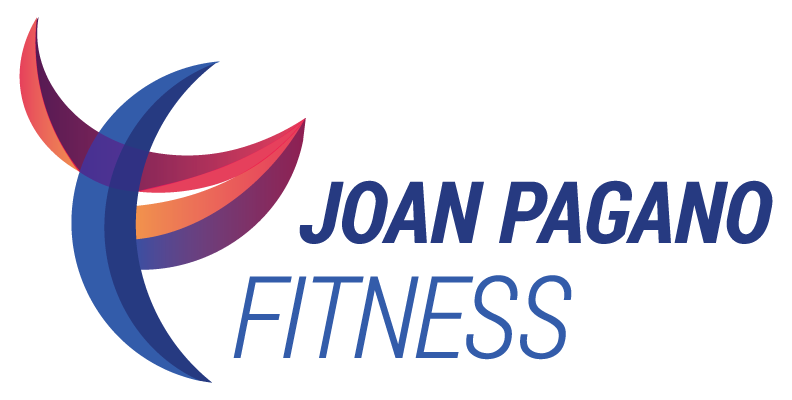White Coat Anxiety: Are You Scared Sick of the Doc?
"I'm plain scared to see the doc and possibly get bad news. Serious cardiovascular disease runs in my family and I've seen numerous reports of women my age dying far more frequently from cardiovascular disease than breast cancer."
Silent diseases are difficult to detect because they have no symptoms to alert us. The first symptom of high blood pressure could be a stroke, and the first symptom of osteoporosis could be a bone fracture. Coronary artery disease, diabetes and breast cancer also advance without warning.
Listen to Frannie's story:
“By the time I was 52, I had put off a consult with my doctor for five years. I was feeling fine and just too ‘busy’ to fit in it, but common sense finally prevailed. Was I shocked to learn that my total cholesterol count was 277, when only five years ago it was 170!”
Frannie's doctor told her that this often happens to postmenopausal women. When women lose the protective effect of estrogen, chronic diseases begin to surface. Beginning around age 30, all the physiological systems of the body begin a subtle decline, which can affect our health in our 50s and 60s.
Be On The Offense, Not The Defense
The best defense against developing disease is a healthy offense, including a well-rounded fitness program. Cardiovascular stamina, muscular strength and endurance, flexibility, and body composition are the aspects of physical fitness that are most closely related to health. Each of these characteristics is directly related to your risk of developing certain types of disease.
- Cardiovascular stamina is associated with a stronger heart muscle, slower heart rate, decreased chance of heart attack, and a greater chance of surviving if you do suffer a heart attack. Regular aerobic exercise can reduce your blood pressure, improve your cholesterol levels and enhance circulation. It also decreases your risk of some cancers (colon and breast) and of obesity, diabetes, osteoporosis, depression and anxiety.
- Muscular strength (the ability to exert force) and endurance (the ability of muscles to exert themselves repeatedly) allow you to function more efficiently and to resist fatigue, muscle soreness, and back problems. As you work the muscles, you simultaneously stimulate the bones to build and maintain bone density, decreasing the risk of developing osteoporosis.
- Flexibility, the ability to stretch your muscles and maintain range of motion in the joints, is another aspect of muscular fitness. After age 40, changes in your muscles and connective tissue can cause pain and stiffness in the joints, the hallmarks of arthritis. A stiff joint lacks full freedom of movement, limiting your mobility and increasing your risk of injury. The prevalence of low back pain is caused largely by lack of mobility in this area, as well as by weak abdominal muscles. To correct this, you must regularly stretch out the low back and strengthen the abdominals.
- Body composition is the "quality" of your weight as opposed to the "quantity" of your weight measured by a scale. With optimal body composition, including a high ratio of lean body mass to fat, you minimize your risk of developing diseases that are associated with obesity and other diseases that are related to how your body fat is distributed. Studies show that a large waist circumference signals a greater risk of heart disease, high blood pressure, and diabetes than ample hips and thighs. Being over-fat is also a risk factor for breast cancer.
Back to Frannie's story for the happy ending: Frannie opted to address her high cholesterol through lifestyle modification instead of taking medication. She learned to read food labels to monitor her saturated fat intake and began to exercise regularly. After six months, she shed five pounds ("totally unplanned, but nice!") and nearly 80 cholesterol points. After another four months, her total cholesterol hit a respectable 154.
Be sure to get your routine check-ups, which can help head off more serious problems. As Frannie shared, "I no longer fear going to the cardiologist because I know I have the ability to change direction and control my wellbeing. I've seen for myself that living by the numbers is not only recommended, but doable – and very rewarding."

